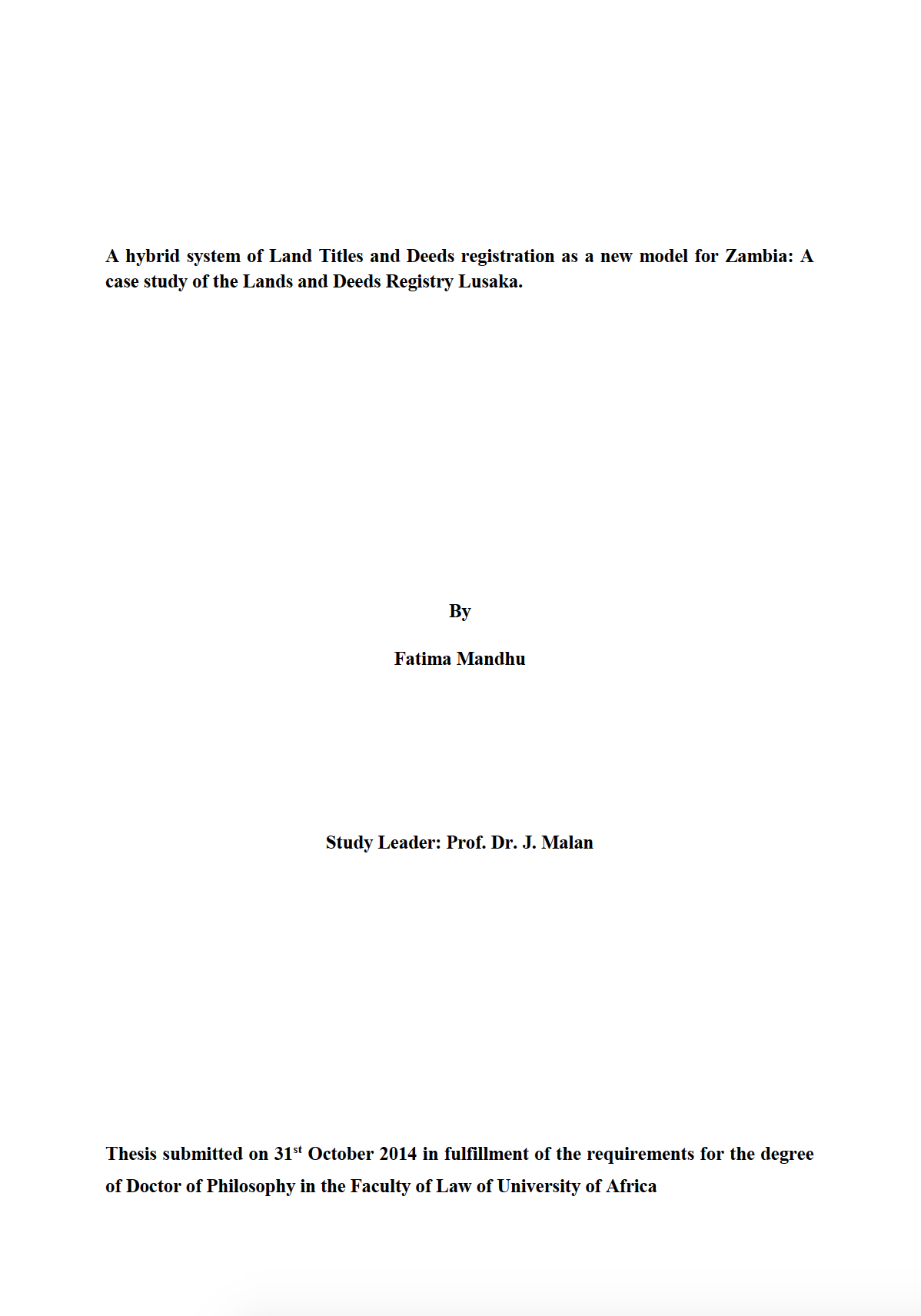Reversing Land Grabs or Aggravating Tenure Insecurity? Competing Perspectives on Economic Land Concessions and Land Titling in Cambodia
This paper discusses Cambodia’s legal framework relating to Economic Land Concessions (ELCs) and looks at the implementation gaps. It argues that despite Cambodian’s legal framework governing land and ELCs being well-developed, its social benefits, such as protecting the rights of the poor and vulnerable and contributing to transparency and accountability, are almost non-existent.




